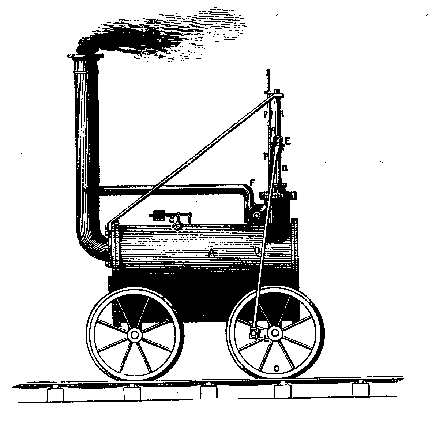


Consider it is not the dialog; it is the quality of the conversation that any dialog contains and if it allows for:
A. transfer of information
B. transmits adaptive behavior to adjust old technology to new
C. indoctrination to enslave operators to the machine's demands (Technopoly)
D. allow for a capacity to gain adaptive insights sufficient (Buddhist example in Pacey) to promote and sustain fine technology
E. exaptation based on sufficient knowledge of materials (Pursell and Pacey)
There is both comprehension of complexity and what is called "cumulative communication" capable of enabling users of tools the facility to change their functionality and effective operation (Arkwright)
Behavioral and cognitive changes due to psycho-social changes.
Any Postman chapter is a good model for how to write the essay, any essay since Postman is an excellent communicator and builds his arguments from evidence based on personalities, whose ideas, inventions, or behavior become examples of his thesis.
There is at least a long list of people from Adam Smith and Richard Arkwright, if not Frederick Winslow Taylor who would be support for the meaning of Sigfried Gideon's phrase "mechanization take command."
Not merely a tectonic shift occurred 1708-1898.
But the deeper intellectual insight that Postman displays is how the socio-technical achievements of Richard Arkwright and others in textiles is duplicated throughout mass production in the 18th & 19th century.
That set of related actions and consequences was to create a profound ideo-technical change that he associates with a virtual religious fervor for:
The Protestant Ethic & the triumph of market iconography.
Faith in the hidden hand (mechanistic)
God as a clockmaker whose universe (Newtonian and Cartesian machines) works according to discernible laws
Widespread belief in Progress as God's will
The rule of the machine in the workplace (tie to Pursell's evidence)
The embedding of standardization, punctuality, and obedience as social norms
All this emerged as a full redefinition of cultural values.
So, as you can see, —Postman itemizes while he explains the steps, sequences, means and tool complexes needed to allow people to make a shift in how they view the world depending on the technology their society uses to accomplish survival tasks and sustain fine technology.
Ultimately if you understand (by analogy) why Pursell describes the development of the bar code reader, your will see how mechanization took form in the minds of Descrates, Kepler, Newton and Smith, came to realization in the widespread adoption of the clock and watches, whose use of this fine technology was applied to textiles, iron to the gears, etc.
Pacey however cautions that it is the context in which the tectonic is made at home in any cultural hearth, that matters more than the power of the technological changes brought about by inventions and widespread socio-technical adaptations. This in Pursell's terms gives meaning to the new trends based on older concepts, beliefs, behavior and allegiances.
What you end up with is the mechanical inventions that Pacey, Pursell and Postman agree carried the industrial revolution form the hands into the hearts and minds, if not the very souls of people's lives, because of the behavioral changes required by the commanding role of machinery.
For what enables such vast and deep, lasting changes in society.
Railroads were powerfully connecting tectonic to socio-technic and ideo-technic changes still obvious today.
 |
||
|---|---|---|
| Tools of Toil: what to read. | ||
| Tools are historical building blocks of technology. | ||
Pursell | Pacey–World | Postman | Tenner |Pacey–meaning| Eberhart | Snow | Kaku | Boulding | Delillo | Kranzberg

